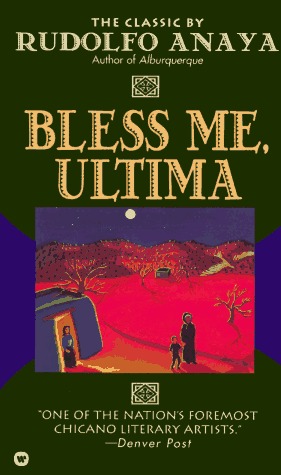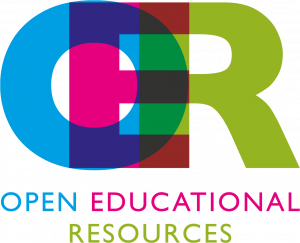On June 30th, while mindlessly scrolling through Twitter, I was shocked to see something that cut deeper than I ever expected it to. Rudolfo Anaya, author of Bless Me, Ultima, had passed away the day before. While I’m fully aware that I didn’t know him personally and had never met anyone that would possibly know him, there was something about this news that completely crushed me.
Rudolfo Anaya was a nationally renowned and noted writer, novelist, and instructor and was often considered the “godfather” of Chicano/a literature. His books are often placed on the required reading lists for many English Literature and Chicano Studies programs throughout the country.
In addition to his vast bibliography, which includes 13 novels, multiple children’s books, and a wide range of nonfiction articles, Anaya was also an instructor at University of New Mexico from 1975 to 1993. However, his multiple literary accomplishments did not come without controversy.
The novel, Bless Me, Ultima, has been banned, challenged, and burned multiple times. According to the American Library Association, appeared on the “Top Ten Most Frequently Challenged Books” as recently as 2013. Despite the controversy surrounding the novel, it remains a part of the literary canon and was even adapted into a feature film in 2013 and an opera in 2018.

I read through the outpouring of condolences and articles written on him for a bit and it began to occur to me why this author had been so influential in my life. The novel, Bless Me, Ultima was one of the first books that was assigned to me in school, as required reading, that I surprisingly enjoyed. It had a huge impact on me as a student and a person of color.
His novel was the first novel that I read where I could relate to the main character and the Hispanic themes, folklore, and Chicano-centric content. All the tales of La Llorona and curanderas that I had heard growing up from my parents and grandparents were reflected in the pages that I couldn’t get enough of. Looking back on it now, I realize that this was the first time I had read a book that represented my culture. I am a huge advocate of the notion that representation matters because it allows for inspiration through everyday realities and even academia.
Throughout my collegiate career, I have often mentioned to my colleagues that I feel as though I am an imposter in the academic community. In her article “Using the Assessment Process to Overcome Imposter Syndrome in Mature Students,” Amanda Chapman defines imposter syndrome as “a condition in which the sufferers feel they are in the wrong place; it manifests in a fear of exposure whereby someone might realize that ‘they shouldn’t be there’ and ask them to leave” (114). Not only was I unaware that the feeling of inadequacy was so common that there was a term that described it, but also I was unaware that this feeling of inadequacy was common among students that had “conflicting ideas about what it means to ‘be a student’ (116).
I firmly believe that with more texts that highlight topics such as gender, disability, ethnicity, race, and socio-economic class, there is the potential to prevent more people from feeling disenfranchised or othered and instead inspire people to reach their fullest potential. In a way that I had never realized, Rudolfo Anaya did that for me. After researching him a little more, I’m excited to find out that he has written some children’s literature so that maybe his works can have influence on others like Bless Me, Ultima did for me.
Joe Hernandez, Library Specialist


